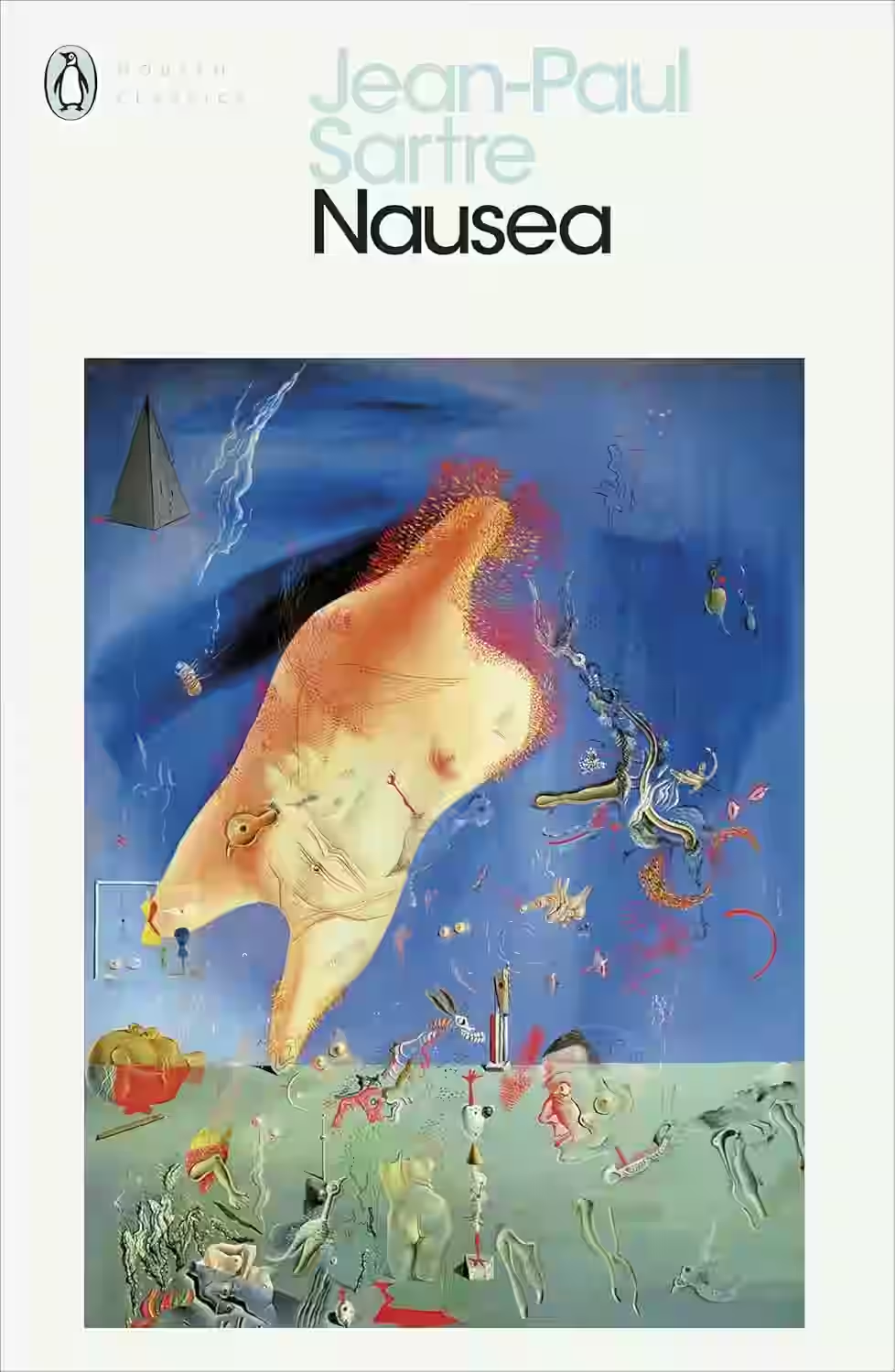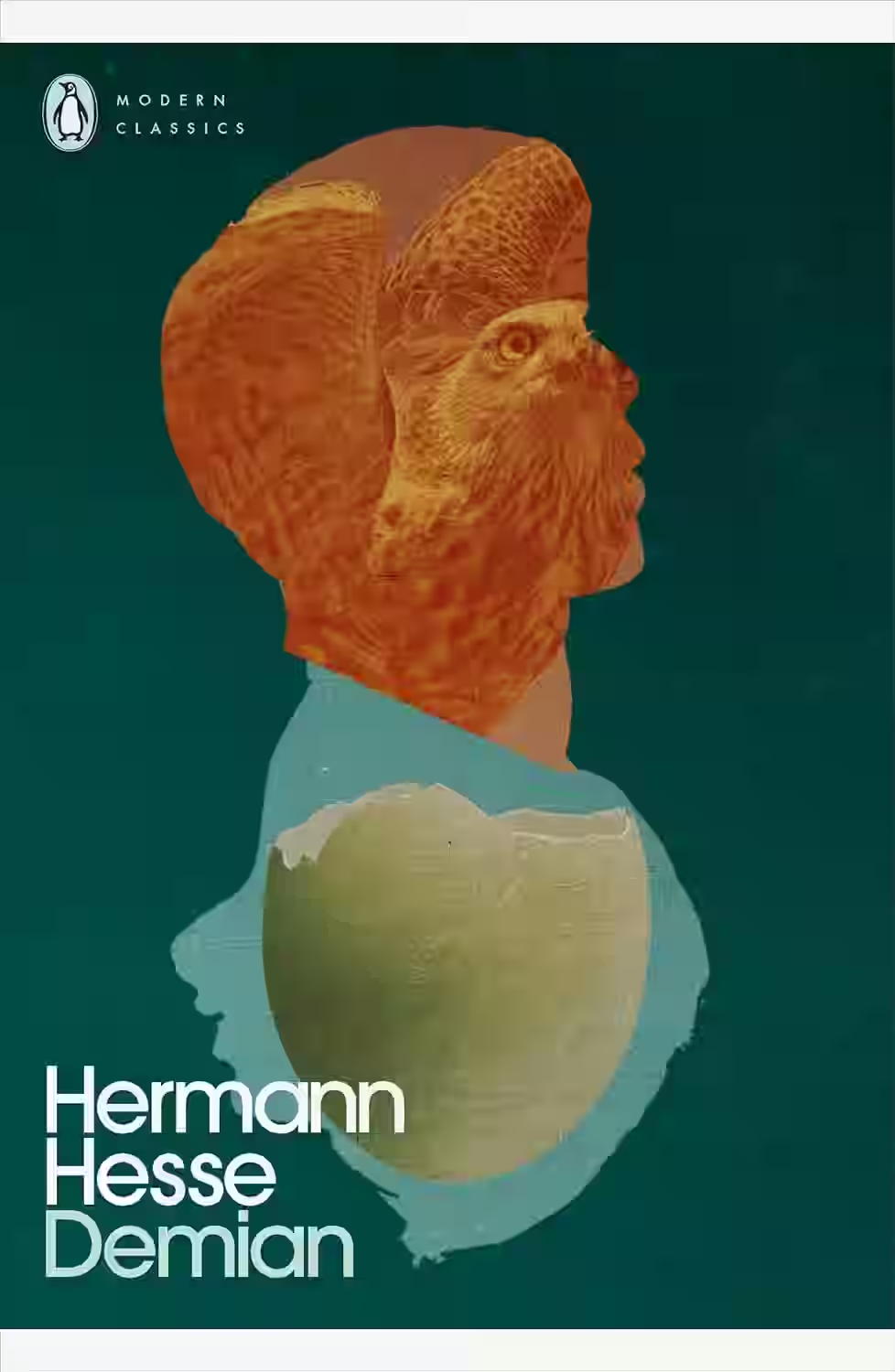Existentialism
Existentialism is a philosophical genre that explores the individual's search for self and meaning in an indifferent universe, often emphasizing free will, choice, and personal responsibility.

Notes from Underground
Fyodor Dostoevsky’s 'Notes from Underground' is a profound exploration of the human psyche through the eyes of its bitter and introverted narrator, a retired official who chooses to isolate himself from society. Set in 19th-century St. Petersburg, this seminal work splits into two parts: the narrator's philosophical monologue critiquing the rationalist approach to life and society, followed by his complex interactions and sometimes anger-fueled alienation from others. This novella digs deep into themes of free will, existentialism, and the contradiction inherent in human nature, paving the way for existentialist thought. Dostoevsky crafts an unsettling, yet introspective narrative that resonates deeply with readers confronting the paradoxes and irrationalities of the human condition.

Nausea
Jean-Paul Sartre's 'Nausea' is a seminal existential novel that delves into the themes of existential angst and the search for meaning in an indifferent universe. Through the introspective diary entries of Antoine Roquentin, a solitary historian residing in the fictional town of Bouville, the novel explores the overwhelming sensation of 'nausea'—a profound discomfort and disorientation felt as he confronts the absurdity of existence. Sartre's nuanced philosophical insights underscore the fluid and often despairing nature of human consciousness, making the narrative a cornerstone of existential literature. 'Nausea' invites readers to ponder deeply their own existence and the essence of freedom, responsibility, and self-definition in a world devoid of inherent meaning.

A Short Stay in Hell
In 'A Short Stay in Hell' by Steven L. Peck, the protagonist Soren Johansson finds himself in a vast library after his death, where he discovers that his version of the afterlife involves an eternity of reading every book ever written in a search for the one that contains the story of his own life. As Soren grapples with the incomprehensible scale of the library and the philosophical implications of his new reality, the book delves into profound themes of existence, free will, and the nature of consciousness. Peck's exploration of the limits of human knowledge and the vastness of the universe will challenge readers' perspectives on life and death.

Demian
Hermann Hesse's 'Demian' is a captivating coming-of-age novel that delves into the internal struggles and spiritual awakening of the protagonist, Emil Sinclair. Set in pre-World War I Germany, the story follows Sinclair's journey of self-discovery as he navigates the complexities of societal norms, morality, and his own inner darkness. Through his friendship with the enigmatic Max Demian, Sinclair confronts his conflicting desires and confronts the concept of duality within himself. Hesse masterfully weaves themes of individuation, rebellion against conformity, and the search for one's true self in this profound and introspective work.